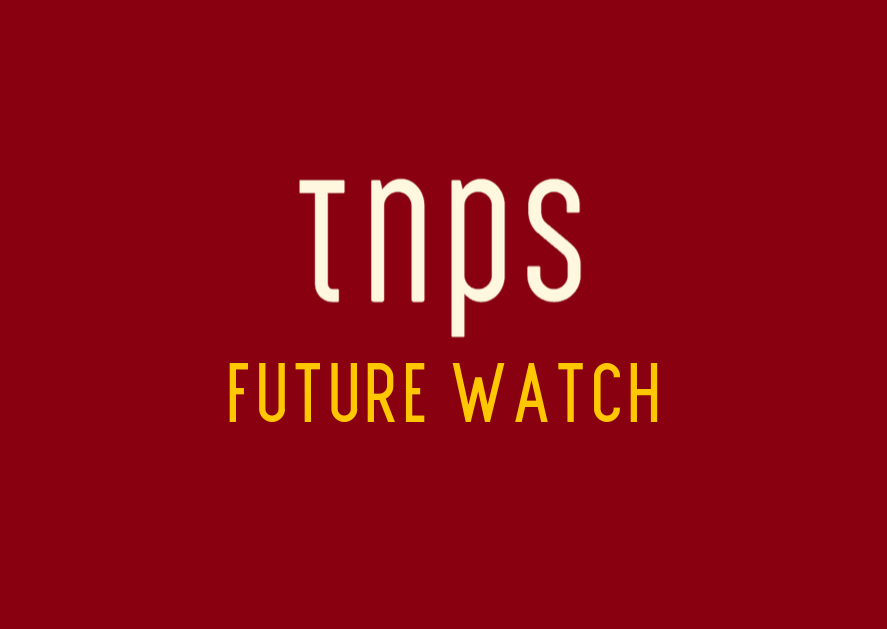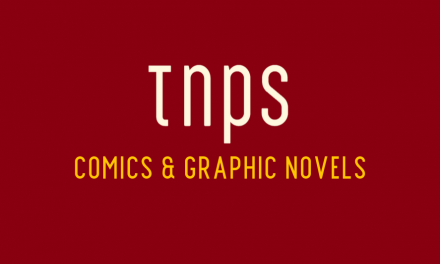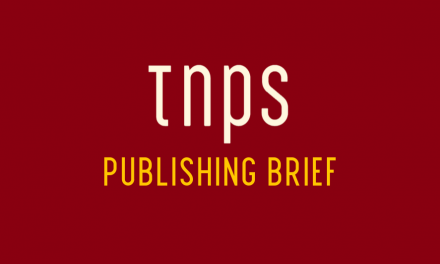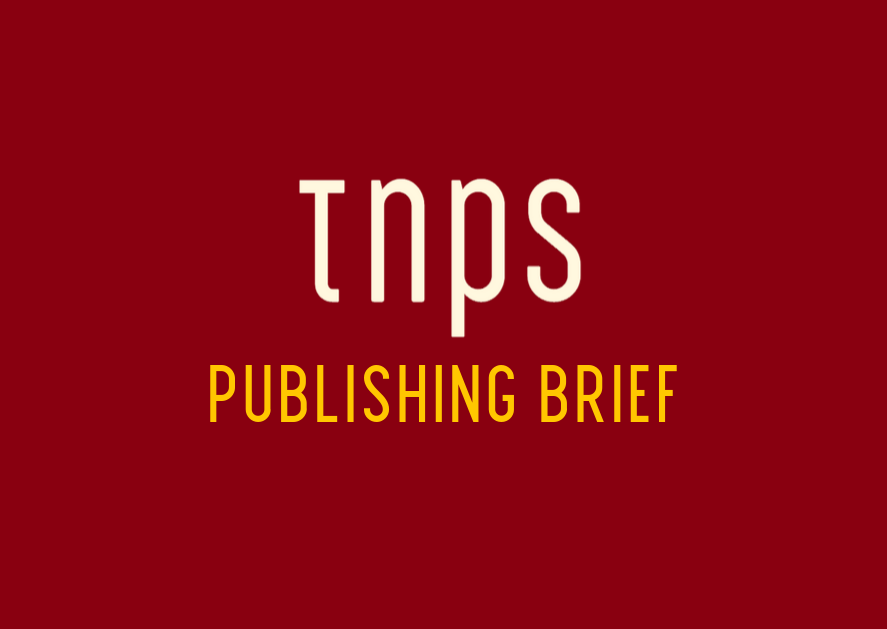Pearson is at the forefront of a fundamental shift in educational publishing that in time is going to bring into question the very viability of printed books in the education sector.
News Briefing:
Pearson, a leading British education publishing company, reported a 5% sales rise in the third quarter of 2024, which they attributed to their increased AI capabilities. Here are some key points:
- AI Integration: Pearson has scaled AI across its products and services, including AI study tools like English Language Learning Teaching Pal, which creates customised lesson content and activities.
- Commercial Benefits: The deployment of AI has started to show commercial benefits, with double-digit year-over-year billings growth in higher education products.
- Student Interactions: There were over 5 million student interactions with AI tools in the nine-month period ending September 2024.
- Expanded Use: AI has been extended to more than 90 titles for the recent back-to-school period, contributing to the sales growth.
CEO Omar Abbosh highlighted that Pearson is accelerating its AI capabilities across the business and seeing positive results, with higher education products with AI study tools seeing double-digit growth in billings, per a Reuters report.
This notion of customised lessons for students is hardly new – under the umbrella term differentiated instruction has been around a while, and in fact is central to my school here in The Gambia. This method involves tailoring teaching environments and practices to create different paths for students to learn the same material, based on their individual needs, strengths, and learning styles.
Nowadays the model has a new term, adaptive learning, and AI is at its core, providing that differentiated one-to-one tuition that a class teacher must inevitably struggle with.
In taking the lead in offering AI-enhanced digital education resources, Pearson is at the forefront of a fundamental shift in educational publishing that in time is going to bring into question the very viability of printed books in the education sector.
This post first appeared in the TNPS LinkedIn newsletter.




